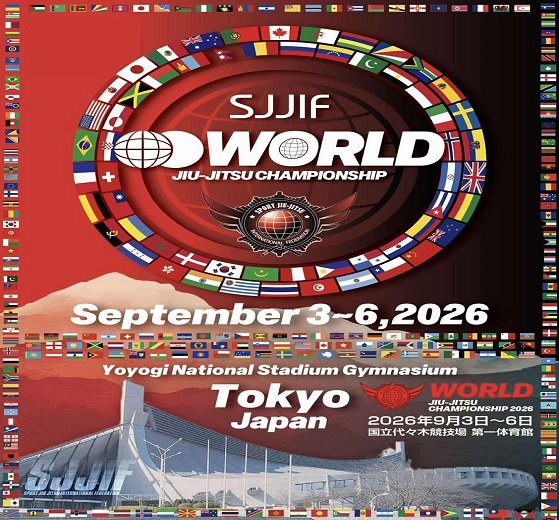In a clear signal of Morocco’s growing footprint within global sports institutions, Idriss Hilali, Executive Member of World Taekwondo and President of the Royal Moroccan Taekwondo Federation, was a notable guest at the 2025 Charlotte Grand Prix in the United States. He had the honor of awarding medals to winners in the fiercely competitive under-58kg category.
Yet beyond the ceremonial role, this participation opens broader questions: How is Morocco leveraging its leadership positions in global sports bodies to build international influence and promote national interests?
Taekwondo as a Strategic Pillar of Moroccan Soft Power
The Charlotte Grand Prix is not just another tournament; it’s part of the official qualification circuit for the Los Angeles 2028 Olympic Games. Hilali’s presence at such a high-profile event signals more than technical involvement—it represents strategic positioning within global sports governance.
With decades of international experience, Hilali has become one of the most respected African voices in the world of taekwondo. His role as chair of the African Commission for International Relations only deepens his influence.
Symbolic Presence Must Become Structural Impact
According to official data from World Taekwondo, Hilali is among the longest-serving board members, giving Morocco a unique advantage in navigating key decisions and policies. But this symbolic presence must translate into concrete benefits for Moroccan athletes and national federations.
Do we have a national strategy that turns international representation into local impact? Are our younger generations being mentored to step into these global leadership roles in the future?
Morocco’s Path to Global Sports Leadership
As highlighted by recent reports from UNESCO and the IOC, sports governance has become a new frontier of geopolitical influence. Morocco, with experienced figures like Hilali, is well-positioned to play a decisive role. What’s needed now is a unified national vision that combines strategic planning, talent development, and institutional diplomacy.



